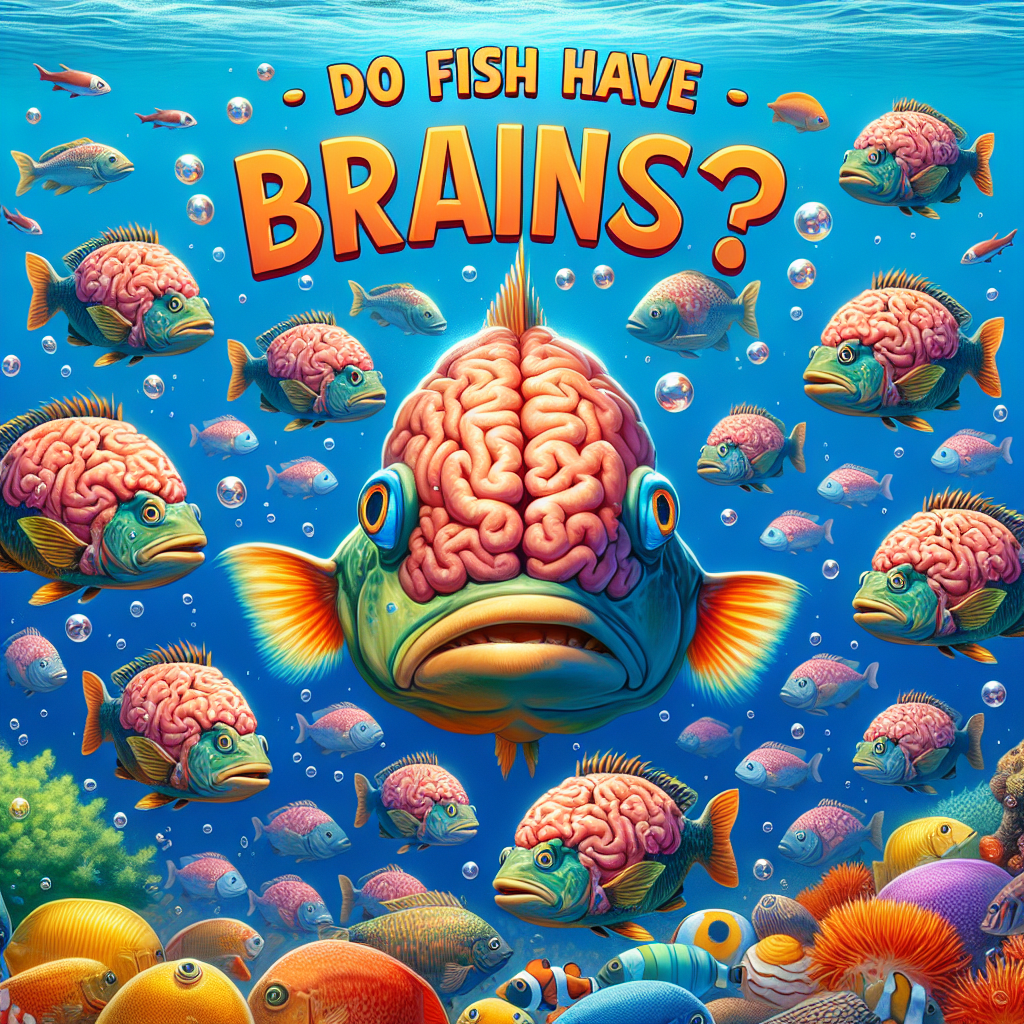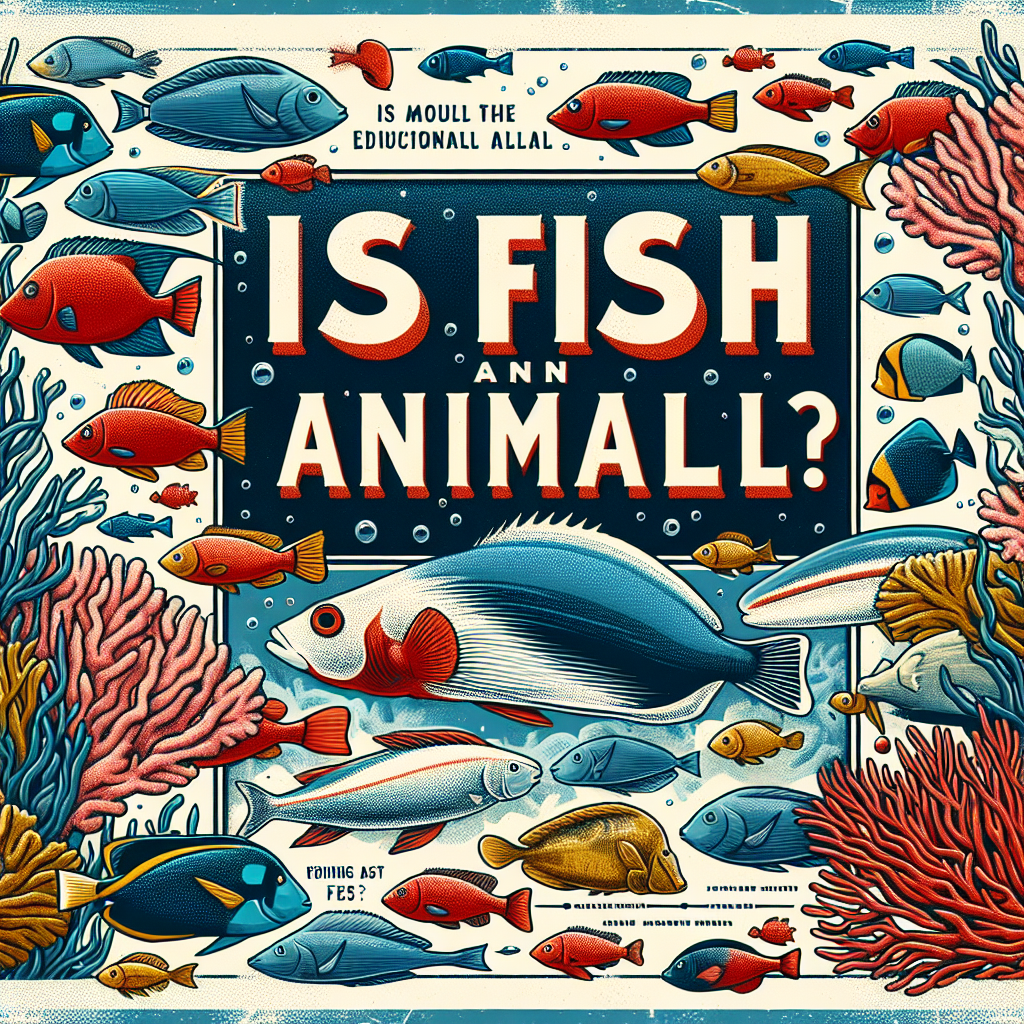Is a Fish an Animal? A Deep Dive into the Aquatic Kingdom
When we think about the animal kingdom, a vast and diverse tapestry of life comes to mind. From mammals to birds, insects to reptiles, each category encompasses a wide range of species with unique adaptations and characteristics. Among these groups lies an equally fascinating entity: fish. But is a fish an animal? The answer is a resounding yes, and this article will explore the reasons why, as well as the fascinating world of fish within the broader context of the animal kingdom.
Understanding Animal Classification
Before we delve into the specifics of fish, it’s essential to understand how scientists classify life on Earth. The biological classification system, known as taxonomy, categorizes living organisms into hierarchical groups based on shared characteristics. At the highest level of classification, organisms are divided into three domains: Archaea, Bacteria, and Eukarya.
Animals belong to the kingdom Animalia, which is a subgroup of Eukarya. This kingdom is characterized by multicellular organisms that are heterotrophic (meaning they consume organic material for energy), are typically motile at some point in their lifecycle, and possess specialized cells that form tissues and organs. Fish fit squarely within this definition.
What Defines a Fish?
Fish are a diverse group of aquatic animals and are further classified within the phylum Chordata, which includes all animals with a notochord (a flexible rod made of cartilage). Fish are characterized by key features such as:
- Gills: Fish possess gills that allow them to extract oxygen from water, enabling them to breathe underwater.
- Fins: These help in locomotion and maintaining balance while swimming.
- Scales: Most fish are covered with scales that offer protection and reduce water resistance.
- Cold-blooded: Unlike mammals, most fish are ectothermic, meaning their body temperature is regulated by the surrounding water.
Fish can be further divided into three main classes:
- Osteichthyes: Bony fish, which make up the largest group and include species like salmon, goldfish, and tuna.
- Chondrichthyes: Cartilaginous fish, such as sharks and rays, which have skeletons made of cartilage rather than bone.
- Agnatha: Jawless fish, which include lampreys and hagfish, that lack the typical jaw structure found in other fish species.
The Role of Fish in Ecosystems
Fish play a vital role in aquatic ecosystems as both predators and prey. They are crucial for maintaining the balance of aquatic environments and contribute to nutrient cycling. Additionally, fish are essential for the livelihoods and cultures of many human societies. They serve as a vital source of nutrition and economic activity through fishing and aquaculture.
Fish and Evolution
Fish have an extensive evolutionary history, dating back over 500 million years, making them one of the oldest groups of vertebrates. Their adaptability has allowed them to inhabit a wide range of environments, from freshwater lakes to the depths of the ocean. As evolutionary biologists study fish, they gain insights into the evolution of vertebrates in general, including the transition of life from water to land.
Conclusion
So, is a fish an animal? Absolutely. Fish are not only a distinct group within the animal kingdom, but they also embody the incredible diversity of life that exists on our planet. They are essential components of their ecosystems and hold significance for many human cultures. By understanding fish as animals, we deepen our appreciation for the complexity of life in our oceans and waterways and the importance of conservation efforts to protect these vital creatures. Whether viewed through the lens of biology, ecology, or culture, fish undoubtedly represent a fundamental aspect of the animal kingdom.





